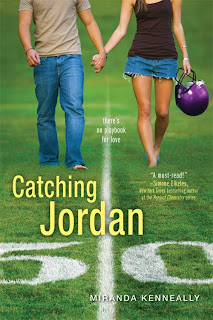A week ago I attended Denver Lighthouse Writer’s Litfest where I gave my Agent Reads The Slush Pile workshop to over 50 hearty souls–which convinces me yet again that writers are gluttons for punishment.
As I was giving the workshop, inspiration hit for a couple of blog posts I could do on writing craft that I think my blog readers would understand and find helpful.
So guess what I’m going to do this week if I can find 30 minutes of time to get one posted?
Writers are often given writing “rules” that woe be you if you break them. And for most cases, because beginning writers have not mastered craft yet, these rules hold true. But if a writer knows what he or she is doing, breaking the rule can often create something really unusual that will work and be amazing (but will have a lot of aspiring writers crying foul that so-and-so writer does it and gets away with it.)
For example, how often have you heard that as a writer, you should show and not tell? Too many times to count I imagine.
Do you want to know one NLA writer who breaks this rule all the time at the beginning of her novels? Sherry Thomas. Sherry has won the Rita Award twice in a row now (the romance genre’s highest honor) and her debut novel PRIVATE ARRANGEMENTS was named one of Publisher’s Weekly best books of the year in 2008.
So obviously somebody agrees that she has mastered craft and Sherry always begins her novels with a lot of exposition–usually a big no-no. But for her voice, it just works. Just last month, Sherry released her latest historic romance entitled BEGUILING THE BEAUTY which John Charles said in the Booklist review: “Thomas distills superbly nuanced characters and flawlessly re-created settings worthy of a Merchant and Ivory into a gracefully witty and potently passionate love story that sets a new gold standard for historical romances.”
And, if you check out the beginning of her novels, it’s all exposition. BEGUILING begins with the following:
This goes on for three pages. It’s backstory. Something writers are admonished to never do. But with her skill and voice, it works.
So keep that in mind. If you can pull it off, a rule is worth breaking. The trick is knowing whether you’ve truly pulled it off! From most of what I’ve seen in the slush pile, the answer is no, the writer hasn’t nailed it.





